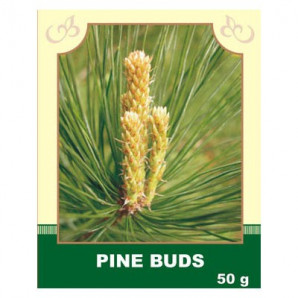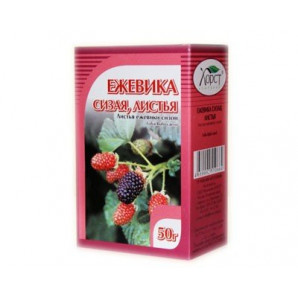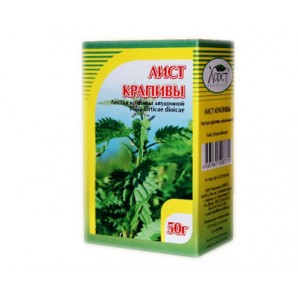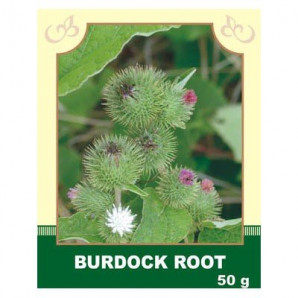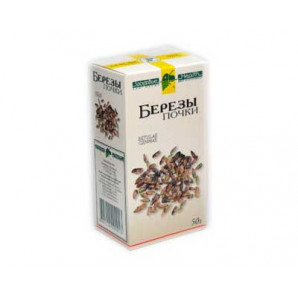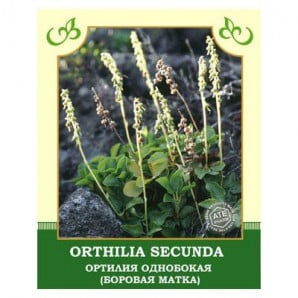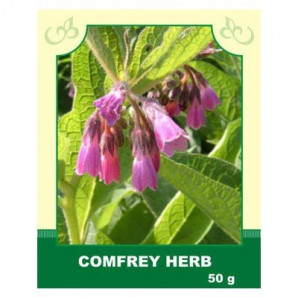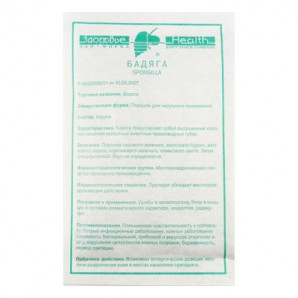This information is for general purposes only and should not be considered as medical advice. Always consult with a qualified healthcare professional for any medical concerns or questions you may have.
Additional Information
| SKU | 240 |
|---|---|
| Brand | Salem Botanicals |
| Size | N/A |
| Manufacturer | ATE Pharm |
- Be the first to review this product
Write Your Own Review
Products on sale
Askorutin FST pills №50
Regular Price: $9.49
Special Price $8.99
De-Nol tablets 120mg №56 Denol
Regular Price: $47.99
Special Price $39.99
Streptocid 10 tablets
Regular Price: $6.99
Special Price $4.99
Omez capsules 20mg №30
Regular Price: $30.99
Special Price $19.99
Sulfacyl sodium eye drops 200 mg/ml 10ml
Regular Price: $13.19
Special Price $10.99
Ambroxol 30 mg 20 pcs.
Regular Price: $13.99
Special Price $11.99
Exoderil cream 1% 30g
Regular Price: $50.99
Special Price $34.99
Activated Charcoal #10
Regular Price: $3.99
Special Price $2.50
Otipax ear drops 16g
Regular Price: $30.99
Special Price $24.99
Also Purchased










